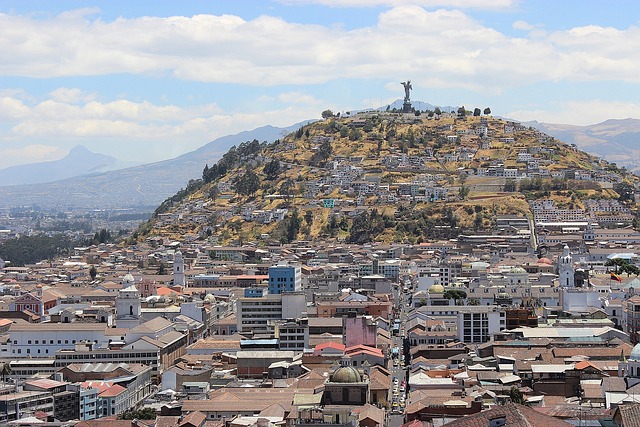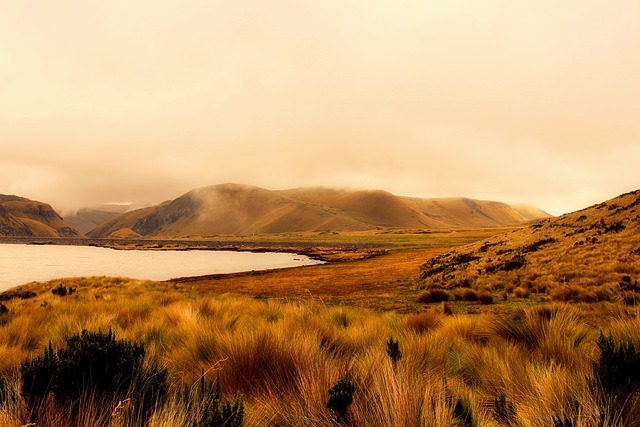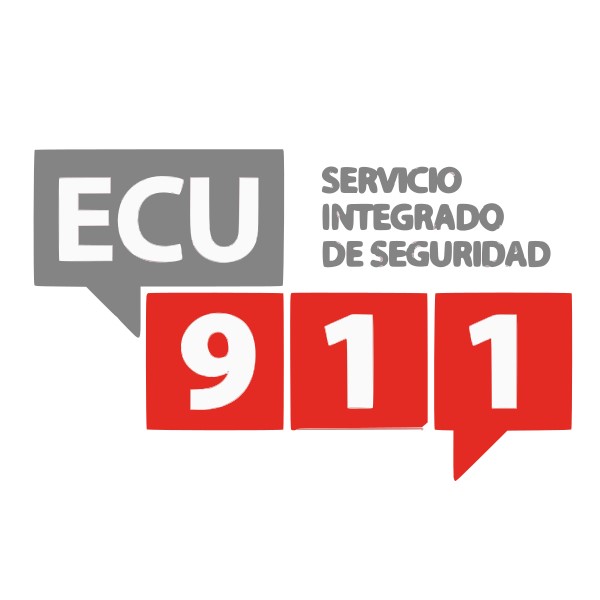Visitor Info
About Our Host City and Country: Quito, Ecuador
Quito, Ecuador, nestled in the Andean foothills, is renowned for its rich history, stunning natural landscapes, and remarkable biodiversity. As the second-highest capital city in the world, Quito boasts a unique blend of historic charm and modern vibrancy.
One of the most compelling reasons to visit Quito is its unparalleled access to Ecuador's natural wonders. Just a short drive from the city, visitors can explore the Andes Mountains, cloud forests, and incredible biodiversity of the Amazon Rainforest. The city itself is surrounded by volcanoes, providing ample opportunities for hiking and adventure sports.
In addition to its natural splendor, Quito is home to a UNESCO World Heritage-listed Old Town, where cobblestone streets wind past ornate churches, and charming plazas. The city's historic center offers a glimpse into its rich cultural heritage, with museums, art galleries, and markets showcasing indigenous crafts and cuisine. We invite you to review this museums guide.
Quito also serves as a gateway to the Galápagos Islands, a renowned UNESCO World Heritage Site and home to a variety of evolutionary wonders. From exploring pristine beaches to encountering unique wildlife like giant tortoises and blue-footed boobies, a trip to the Galápagos Islands is an unforgettable adventure.
Traveling to Quito
For those traveling to Quito from other areas or who are unfamiliar with the area, the local organizing committee has developed the following resources:
Airport and Local Transportation
Transportation to-and-from the Aeropuerto Internacional Mariscal Sucre (UIO), includes information about Ride App services, car rental facilities, licensed taxis, and public transportation.
VISA/International Travel
If you are a foreign citizen you must have : Valid and valid passport (valid for 6 months), ID card or DNI citizens of South America, Check if you need to present a visa to enter Ecuador.
If you are a citizen of the Andean Community you will be able to enter with: National Identity Card or National Identity Document.
If you are Ecuadorian citizen you must present:
Passport, Identity card, Emergency passport, Safe conduct
For some additional resources, please refer to finding out if you need a visa to travel to Ecuador, entry requirements by country or territory, and business visitors attending meetings, events and conferences in Ecuador.https://ecuador.travel/en/travel-safe/
*If you need a Letter of Invitation (also known as a Conference Invitation Letter) for visa-application purposes, please contact scblacacongress@gmail.com with your request.
Climate
Quito typically enjoys a constant cool climate with only a dry and a we season. Days are warm, but nights can be chilly. Expect rain in November.
We recommend packing and dressing with light layers in mind. Be sure to pack comfortable shoes, as most field trips will involve a lot of walking.
"In November, the average temperature in Quito, Ecuador, typically ranges between 11°C and 21°C.
Recommendations for clothing during this time of year in Quito are as follows:
- Layered Clothing: Due to temperature variations throughout the day and night, it's advisable to dress in layers that can be added or removed as needed.
- Sweaters or Jackets: Carrying lightweight sweaters or jackets is useful, especially in the afternoon and evening when temperatures may be cooler.
- Sunscreen and Hat: Quito is located at a high altitude, so it's important to protect yourself from the sun with sunscreen and wear a hat or cap.
- Comfortable Footwear: It's recommended to wear comfortable shoes suitable for walking, especially if you plan to explore the city or its surroundings.
EMERGENCY TELEPHONES
In Ecuador, the emergency number is 911. This number is used to contact emergency services such as the police, firefighters, and ambulances in case of urgent situations or emergencies. It's important to have it handy and use it when immediate assistance is needed.
Covered Emergencies:
- Medical: Immediate response to accidents or health issues.
- Police: Report robberies, assaults, or domestic violence.
- Fires: Report structural or forest fires.
- Rescue: Rescue operations for vehicular accidents or extreme situations.
- Traffic: Assistance with traffic accidents or road blockages.
- Natural Disasters: Response to earthquakes, floods, volcanic eruptions, etc.
- Civil Security: Support during protests and public disturbances.
Public hospitals in Ecuador generally provide free medical care to all Ecuadorian citizens and foreigners alike in emergency situations.
Important: You must present your ID or passport, both for national and foreign citizens.









